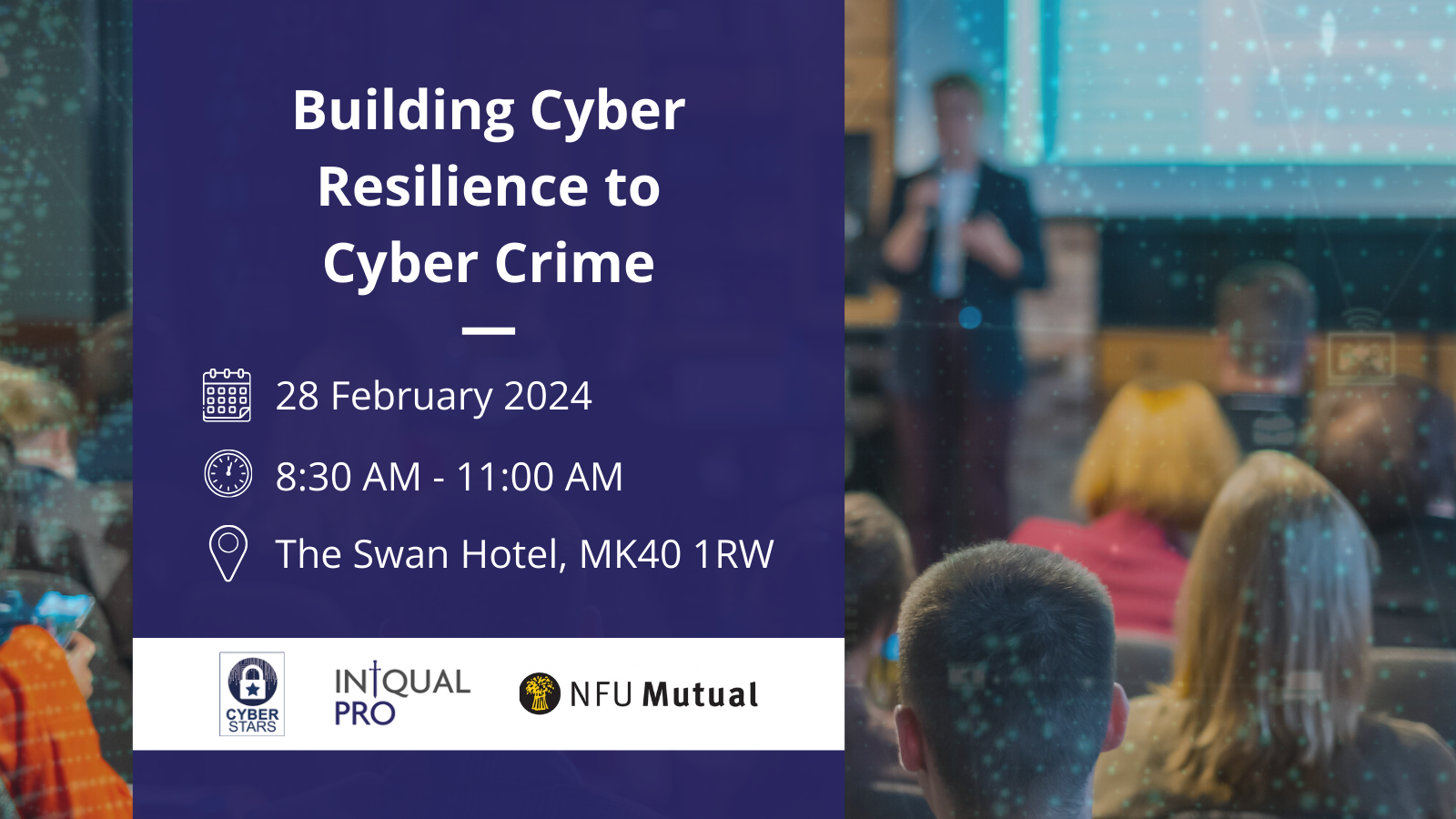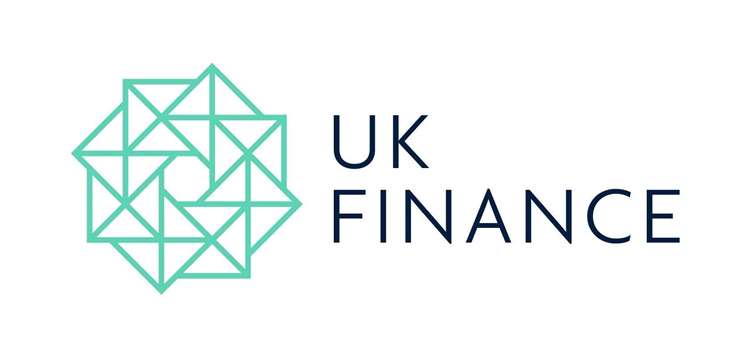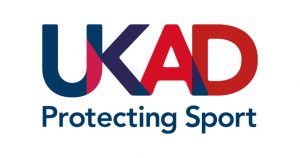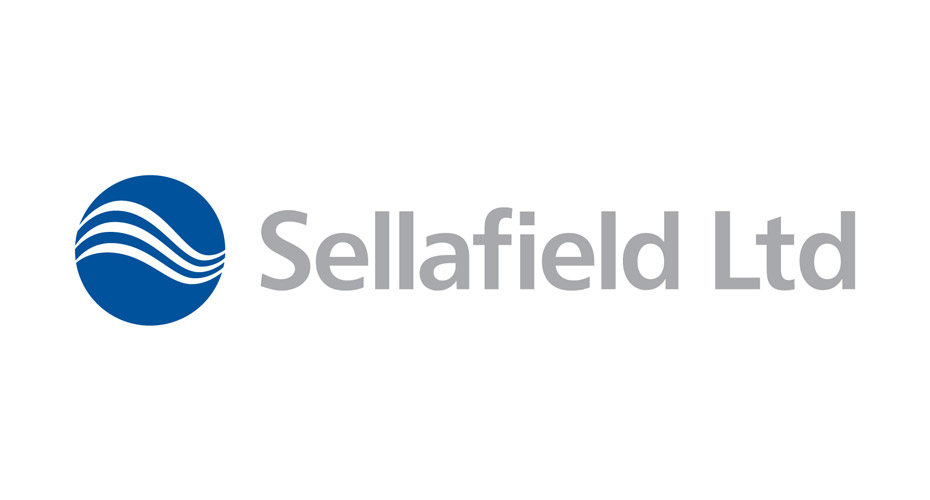The Basics of Fraud Prevention for Businesses

In today’s rapidly evolving business landscape, fraud has emerged as a pervasive threat that can undermine the integrity, reputation, and financial stability of companies across various sectors.
As fraudsters become more sophisticated in their methods, it is imperative for businesses to bolster their defenses against fraudulent activities. A comprehensive approach to fraud prevention not only safeguards assets but also ensures the trust of customers, employees, and stakeholders. One of the cornerstone strategies in fortifying a business against fraud involves fraud prevention training, a measure that empowers employees to become vigilant guardians of the organisation’s resources.
In this blog, we explore the basics of fraud prevention and how businesses can enhance their vigilance through key strategies.
Understanding Fraud in the Business Context
Fraud in the business environment can manifest in numerous forms, including but not limited to, embezzlement, identity theft, cyber fraud, financial statement fraud, and asset misappropriation. These illicit activities can be perpetrated by individuals inside the organisation (internal fraud) or by external entities aiming to exploit vulnerabilities in the organisation’s processes or systems. The consequences of fraud are far-reaching, potentially resulting in significant financial losses, legal ramifications, and damage to brand reputation.
Key Strategies for Fraud Prevention
To navigate the complexities of fraud prevention, businesses must adopt a multifaceted approach that encompasses various strategies and practices. Some of the fundamental strategies include:
Robust Internal Controls:
Implementing strong internal controls is critical in detecting and preventing fraud. This includes separation of duties, access controls, regular audits, and secure financial management systems.
Comprehensive Risk Assessment:
Regularly conducting risk assessments allows businesses to identify and evaluate potential vulnerabilities within their operations and financial systems, enabling them to address these weaknesses proactively.
Technology Utilisation:
Leveraging advanced technologies, such as fraud detection software and encryption, can enhance an organisation’s ability to monitor transactions and protect sensitive information from unauthorised access.
Cultivating an Ethical Culture:
Promoting a culture of integrity and ethical behavior within the organisation encourages employees to adhere to policies and report suspicious activities, thereby reducing the likelihood of fraud.
Fraud Prevention Training:
Educating employees about the various aspects of fraud, including recognition, reporting mechanisms, and the potential impact on the organisation, is essential in creating a proactive defense against fraudulent activities.
The Role of Fraud Prevention Training
Fraud prevention training is a vital component of a comprehensive fraud prevention strategy. By equipping employees with the knowledge and skills to identify potential fraud, businesses can significantly enhance their ability to prevent, detect, and respond to fraudulent activities. Effective training programs cover a range of topics, including:
- Understanding Fraud and Fraudsters
- Deterring Fraud in Organisations
- Protecting Individuals from Fraud
- Fraud Prevention Campaigns
- Use of Technology to Prevent Fraud
The Level 4 Certificate in Fraud Prevention is the first regulated qualification that provides a holistic framework of competencies for Fraud Prevention professionals to work to and demonstrate competence.
Delivered by Intqual-pro, the qualification programme enables learners to understand and assess the risk of fraud that their organisation could face. Learners will understand, develop, and communicate fraud prevention strategies that cover fraud prevention campaigns and effective use of technology.
For more information on the Level 4 Certificate in Fraud Prevention is available here. To arrange a conversation to discuss this qualification programme, please contact enquiries@intqual-pro.com.
At Intqual-pro we are passionate about recognising the capabilities and achievements of individuals working across the intelligence, investigative and cyber and security sectors.
Latest News
-

Strengthening Cyber Security Awareness in Critical National Infrastructure
Intqual-pro, a leader in the provision of training for intelligence, investigative and security professionals, is…
-

Building Cyber Resilience to Cyber Crime
UK businesses recorded record losses as a result of cyber attacks in 2023 with the…
-

The red flags of Procurement Fraud
Procurement fraud refers to the misuse of funds or abuse of power during the procurement…
























